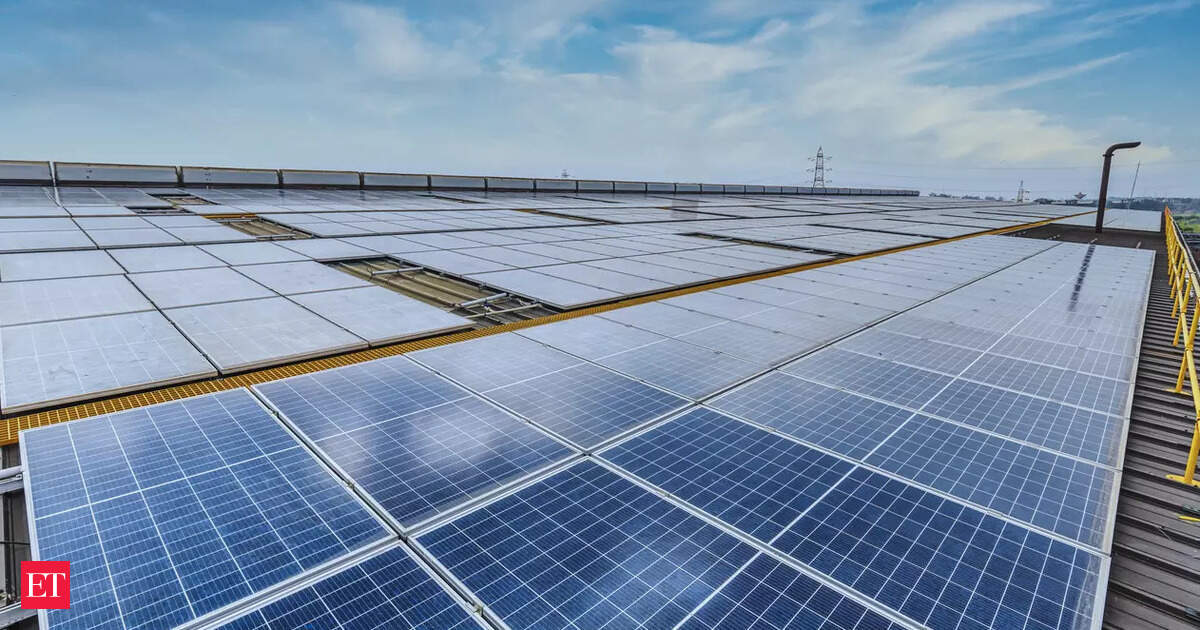Key Takeaways
- Indian solar manufacturers are adjusting their supply chains to counteract U.S. tariffs of up to 50% on exports.
- Companies are sourcing solar cells from nations with lower tariffs to maintain their market presence in the U.S.
- Waaree Energies faces a U.S. investigation for allegedly avoiding tariffs but claims its supply chain does not involve Chinese products.
Adapting Supply Chains to U.S. Tariffs
Indian solar manufacturers are recalibrating their supply chains to navigate increased tariffs imposed by the United States. President Donald Trump’s tariffs, which can reach up to 50% for various exports from India, were put into effect on August 27, impacting one of India’s important trade sectors.
For example, Vikram Solar, which has 15% of its current order book linked to the U.S. market, informed analysts that it is adapting to the tariff structure by sourcing solar cells from countries that have lower tariff rates. The tariffs on solar modules are influenced by the origin of the solar cells used in their production. Specifically, the U.S. assesses tariffs based on where the PN junction—the critical component that generates electricity—is made. Hence, even if assembly takes place in India, the applicable tariff is determined by the semiconductor’s country of manufacture.
Rinal Shah, a leading executive at Vikram Solar, noted, “We are exploring alternative supply chains from countries with significant cell capacities that have lesser levies than what India does.” While the company did not disclose whether the tariffs affected its earnings for the September quarter, it expressed confidence in managing U.S. orders despite the challenges posed by tariffs.
Similarly, Waaree Energies, one of India’s largest solar module manufacturers and a leading exporter to the U.S., elaborated that it is not utilizing domestically produced solar cells for American markets due to the associated high tariffs. The company is currently under investigation by U.S. authorities, who allege that it circumvented tariffs on Chinese-made cells by labeling them as Indian-made. Waaree has denied these allegations, with CEO Amit Paithankar asserting that the company’s supply chain is entirely free from Chinese products.
During a recent analyst call, Paithankar emphasized the company’s adherence to legal standards, stating, “We have also configured it in such a way that the tariff problems associated with that (exports) are the lowest.” Notably, he mentioned that Waaree has yet to see any negative impacts on its orders as a result of the tariffs or the ongoing U.S. trade investigation.
In summary, Indian solar manufacturers are actively seeking strategies to sustain their U.S. market presence amid substantial tariff challenges. By sourcing components from countries with favorable tariff conditions and carefully navigating international trade regulations, these companies aim to continue fulfilling orders without disruption. The situation requires careful monitoring as both firms adjust to an evolving trade landscape.
The content above is a summary. For more details, see the source article.















